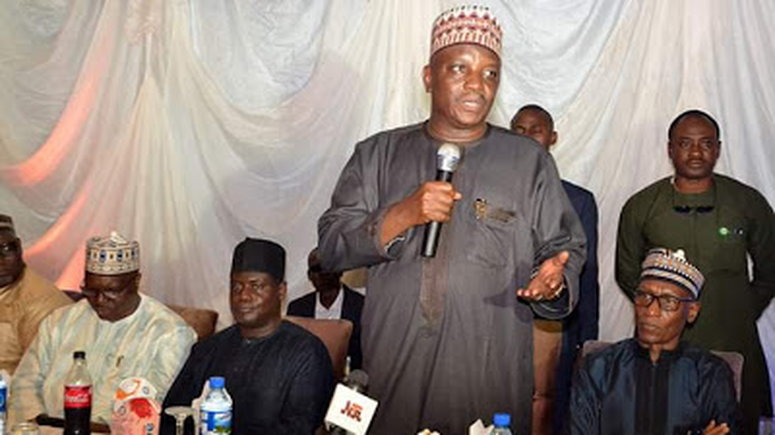Minister of Power, Engr. Saleh Mamman has said that government intervention projects in the power sector are sacrosanct.
Mamman on Monday pledged to hasten the completion of various ongoing intervention projects in the power sector, adding that it would boost the availability of electricity for Nigerians.
Speaking at the 11th International Conference Power Systems Operations and Planning, ICEPSOP 2020 in Abuja, Mamman maintained that the government would give priority to the legacy projects.
The theme of the three-day conference is powering mini-grids with smart grid attributes development in the United States and Africa.
Mamman stated that implementation of the projects will be done in tandem with the electrification road map, adding that it would ensure synergy and availability of needed infrastructure to evacuate and distribute the electrons for Nigerians.
He said: ”The projects include large, medium, and small hydro projects. ”Projects currently being fast-tracked include; Mambilla, Zungeru, Kashimbila, Dadin Kowa and others.
“The ministry is focusing on increasing electricity access to the teeming population of Nigerians through the use of the mini and microgrid.
“It is pertinent to note that energy access has been a perennial issue, particularly in sub-Saharan Africa. Out of the 1.2 billion people without access to electricity, about half of those reside within the region according to industry data.
“However, the electrification rate in Nigeria stands 55 percent in urban and areas and 36 percent in rural communities.
To improve this, the federal government has spared no effort in exploring new rural electrification strategies and novel concepts to create viable businesses and well-paying jobs for Nigerians.”
READ ALSO: Buhari Presents Scorecard To Boris Johnson
“The ministry is promoting partnerships with the private sector vial the Rural Electrification Agency, REA, the regulator and its investment promotion unit to optimize regulation and policy to create a more amicable business environment thus increasing access to those that need it most.
“We implemented several pilots, rural off-grid project models, around the mini-grid based on government-approved policies; we hope to facilitate the replication of the model across the country.
The minister, however, lamented that “The misalignment along the sub-levels of the electricity value chain is putting severe stress on the system, adding, “Transmission and distribution infrastructure have largely failed to keep pace with increasing generation capacity.
“To mitigate this, the first focus of the ministry is to deflate the delta between the available capacity and what ends up being distributed by the distribution companies, thus significantly reducing the losses and risks associated with undelivered capacity.”
In his remarks, the Chairman, House of Representatives Committee on Power, Hon. Magaji Da’u Aliyu noted that the development of the min grid will take off pressures from the operators of the main grid.
READ ALSO: Supreme Court Upholds Bala Mohammed’s Election
According to him, “Having realized that the development of the mini-grid is essential to improving the performance of the power sector it becomes important to historically look at the mini-grid development vis-à-vis the merits and demerits the cost, technical complexities its connectivity to the main grid as well as the roles of NERC in realizing this.”
Hon. Aliyu, therefore, charged the conference to address the number of investments a country may make in the mini-grid. Right now, the cost/KWH for a mini-grid is higher than the cost for the main grid.


